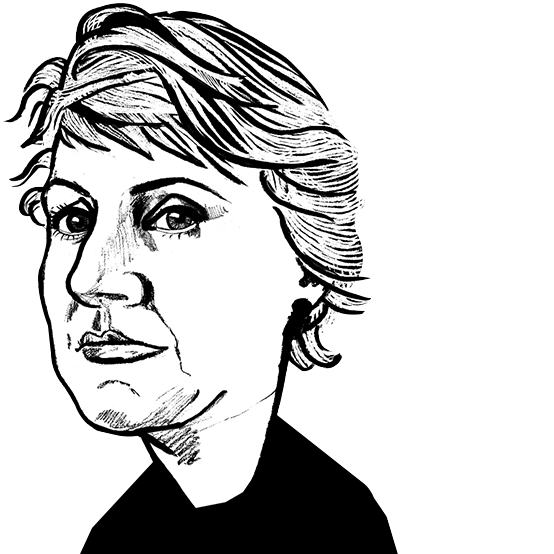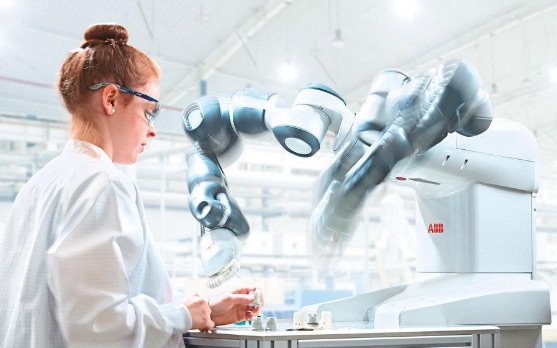
Virtual format gives IFAI EXPO a real international flavour
Opinion


As industry strives for greater self-reliance and tighter supply chains, there is also an acknowledgement of the importance of partnerships and collaboration.

23rd November 2020
Marie O'Mahony
|
Roseville, MN, USA
As industry strives for greater self-reliance and tighter supply chains, there is also an acknowledgement of the importance of partnerships and collaboration. At this year’s IFAI Virtual EXPO 2020 held from 2-9 November, working together featured strongly in many of the most innovative developments from research and development institutes such as AFFOA and DITF, companies like VOLT, and in academia from the RCA and Textile Technology Centre, Gaston College.
AFFOA sees its role as bridging the gap between the early stages of innovation and full commercialisation. Dr Sasha Stolyarov, CEO, Advanced Functional Fabrics of America (AFFOA) in his presentation ‘Development of advanced functional fibers and fabrics’ delivered on the opening day, outlined the organisation’s focus as including coupling use cases with promising technologies and helping to build supply chains.
With its membership now extending across 27 states, the Fabric Innovation Network (FIN) has 117 members including organisations such as IFAI and IPC, with universities such as the University of Minnesota and UMASS Amherst. Global brands such as Du Pont, Karl Mayer are there alongside smaller innovative companies like brrr.
What the pandemic has taught us surely, is that supportive partnerships have become a necessary part of the value chain, to allow for innovation to happen then taken to scale and commercialisation in a timely way
Dr. Stegmaier, Head of the Competence Center for Textile Chemistry, Environment, Energy, with Deutsche Institute für Textil- und Faserforschung Denkendorf (DITF) discussed the importance of testing at an early stage of fibre and fabric development. His presentation titled ‘Testing and standards integral to timely product development’ provided a number of partnership case studies. Examples using smart including sensory technology illustrated the breadth of the research institute’s technical capabilities and its network of collaborators that range from fibre manufacturers to Artificial Intelligence (AI), architecture and apparel. Demonstrating the range of applications and partnerships, DITF have developed smart sensors help to monitor and reduce mould in buildings improving the wellness of occupants, while in a different use of a sensing technology they have developed a safer work environment where human workers and robots work alongside one another.

Business intelligence for the fibre, textiles and apparel industries: technologies, innovations, markets, investments, trade policy, sourcing, strategy...
Find out more